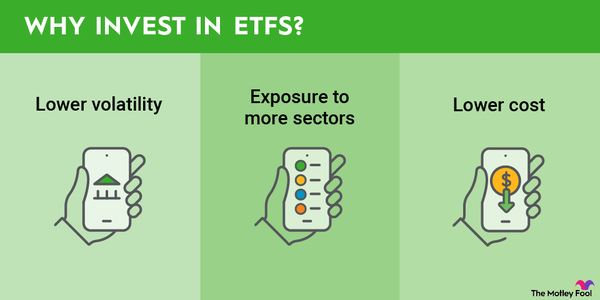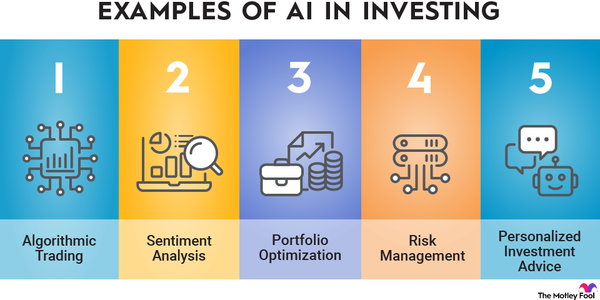How much is the average Social Security check?
The average monthly Social Security benefit check is $1,783.55 as of August 2024.
The Social Security Administration determines benefit amounts using “average indexed monthly earnings.” That is based on 35 years of the beneficiary’s earnings indexed to the national average wage two years before the first year they began taking Social Security.
The average indexed monthly earnings is used to calculate the primary insurance amount, which is the benefit an individual would receive if they elect to receive Social Security at their normal retirement age.
The average Social Security check historical table
The average benefit in 1950 was just $521 in 2022 dollars, more than $1,200 less than what it is now.
The average monthly benefit first exceeded $1,000 in 2022 dollars in 1971.
It took another 34 years for the average Social Security check to amount to more than $1,500 in 2022 dollars, which occurred in 2005.
Social Security cost-of-living adjustment by year
The Social Security cost-of-living adjustment is announced annually in October and takes effect the following January. It is meant to ensure Social Security benefits keep pace with inflation.
The Social Security cost-of-living adjustment is determined by the average rate of inflation in the third quarter of the previous year to the third quarter of the current year, measured by the Consumer Price Index for Urban Wage Earners and Clerical Workers (CPI-W).
The Social Security cost-of-living adjustment for 2024 was 3.2%, which many retirees surveyed by The Motley Fool said is insufficient. Among respondents, 62% said the adjustment was not enough, and 44% said they are considering going back to work to earn more cash.
The cost-of-living adjustment for 2025 will be 2.5%.
Average Social Security check by age
The average Social Security benefit varies by age. Americans in their 70s receive the highest average Social Security benefit. Here’s how the average benefit breaks down by age group:
- 66 to 69: $2,417
- 70 to 74: $2,818
- 75 to 79: $2,664
- 80 to 84: $2,248
- 85 to 89: $2,001
- 90+: $2,123
Delayed retirement credits max out if one retires at 70, so people who elect to receive Social Security before 70 receive smaller checks. For those over 80, they worked when wages were lower, which would reduce their monthly benefit.
Average Social Security check by retirement year
Generally, those who retired more recently receive a larger Social Security check. This is for a few reasons:
- Social Security benefits are based on an individual’s highest 35 years of earnings. Those who retired more recently are likely to have higher earnings due to wage growth and inflation.
- The average skews higher for recent retirees because Social Security checks grow every year as a result of the cost-of-living adjustment.
- Delaying retirement is a growing trend and results in beneficiaries earning delayed retirement credits, which can increase their monthly benefit by up to 8% per year (up to age 70).
Average Social Security check by type of beneficiary
The three primary types of Social Security benefits are:
- Retirement benefits: Available to workers 62 and older who have earned at least 40 credits.
- Disability benefits: For those 18 and older who cannot work due to disability that is expected to last 12 months or result in death.
- Survivors benefits: Available to family members of deceased workers who qualified for Social Security.
How to get the most out of Social Security
Getting the most out of Social Security is based on three factors: your annual income, the age at which you claim Social Security benefits, and the number of years you worked.
- Income: If your income reaches or exceeds the maximum taxable earnings for Social Security purposes, you’ll qualify for the maximum benefit in the future. That number changes every year. In 2024, it is $168,600. For 2025, it will be $176,100.
- Age: Each birth year corresponds to a full retirement age, which determines when you are eligible for the standard Social Security benefit. If you retire before that age, your benefits are reduced. If you wait past your full retirement age, you earn delayed retirement credits that increase your benefit by 8% per year, until age 70, when you can no longer receive credits.
- Years of work: Social Security benefit amounts are based on your 35 highest-earning years. The Social Security Administration considers nonworking years as $0 years for the benefits formula, which lowers your monthly check.
While there are ways to maximize Social Security benefits, the program was never designed to replace the average salary. A well-rounded retirement plan includes diversified investments, savings, and a good idea of when you want to retire and how much income you’ll want every month.
Planning for retirement can feel daunting, but it’s a crucial part of the journey toward financial freedom in your later years.
FAQs
What is the amount of the average Social Security check?
The average monthly Social Security benefit check is $1,783.55 as of August 2024.
What is the maximum Social Security benefit?
The maximum retirement benefit changes based on retirement age. For those who retire at full retirement age in 2024, the maximum Social Security benefit is $3,822, according to the Social Security Administration.
For those who retire at 62, the maximum benefit is $2,710. For a 70-year-old, the maximum Social Security benefit is $4,873.
The maximum benefit depends on the age at which you retire. For example, if you retire at full retirement age in 2024, your maximum benefit would be $3,822. However, if you retire at age 62 in 2024, your maximum benefit would be $2,710. If you retire at age 70 in 2024, your maximum benefit would be $4,873.
How many people receive Social Security benefits?
In August 2024, 65.154 million people received Social Security benefits, according to the Social Security Administration.
Sources
- Social Security Administration (2024). “Annual Statistical Supplement, 2023.”
- Social Security Administration (2024). “Monthly Statistical Snapshot, August 2024.”
- Social Security Administration (2024). “What is the maximum Social Security retirement benefit payable?”



































































